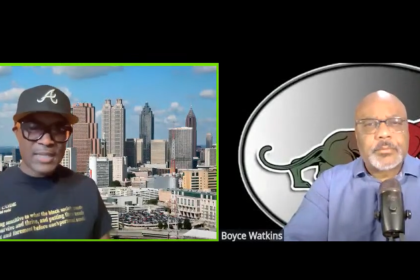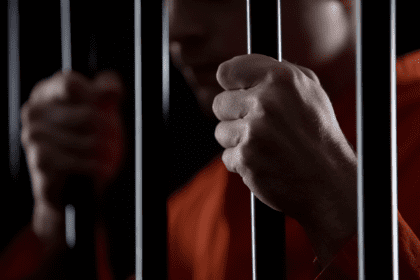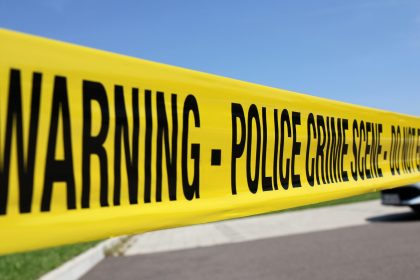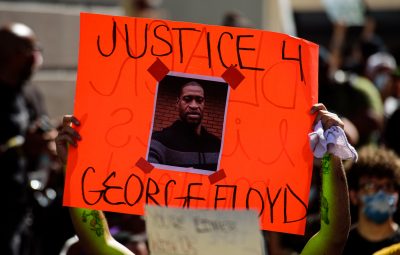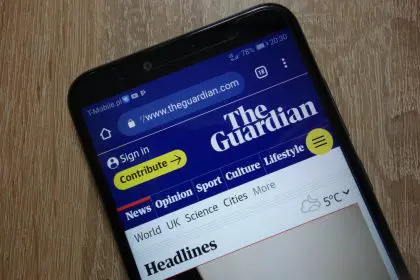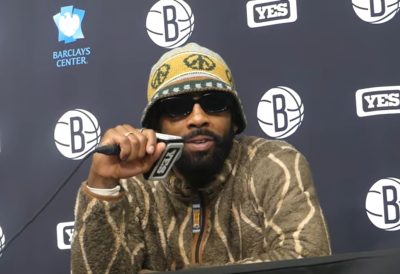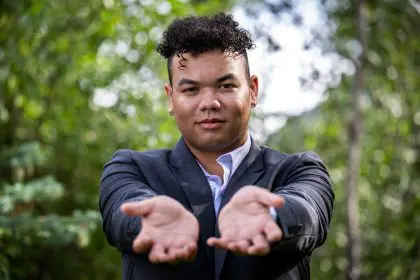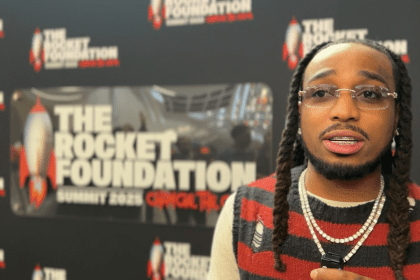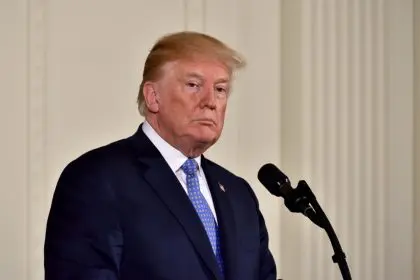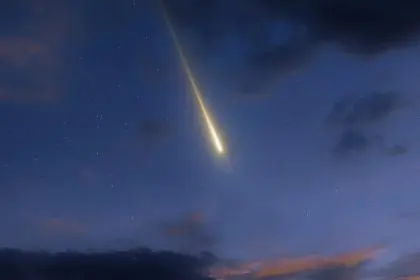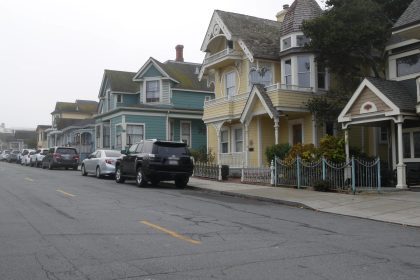
If it were up to Mayor Rahm Emanuel and the Chicago Police Department, the video of Laquan McDonald’s killing would likely have never been viewed by the public.
Police obtained the dash-cam video on the night of McDonald’s fatal shooting, which took place on Oct. 14, 2014; however, the Chicago Police Department and Mayor Emanuel attempted to prevent the video from reaching the public by claiming that it would harm the investigation.
Enter journalist Brandon Smith. Along with activist William Calloway, Smith helped lead the charge against the CPD’s effort to keep the video concealed. The video was eventually released due to the Freedom of Information Act.
Smith recently spoke with rolling out to reveal how the events surrounding McDonald’s killing transpired.
How did the initial quest to get the video of Laquan McDonald’s shooting begin?
William Calloway works with families of victims of police violence. So, his effort was to find what happened in the Laquan McDonald case. He said there was a pending investigation against the officer who shot Laquan. William came to me and basically said, “You’ve done this before. Help me get this information.”
What should the average citizen know about filling a claim with the Freedom of Information Act if they are in a similar situation?
One of the big takeaways here is that to file a FOIA request is very easy. It’s a matter of Googling the name of the agency you want. You can get an email address through which you can send your request. They typically have five to 10 business days to respond. The second takeaway is that in Illinois, attorneys can ask for their fees from the government if they win a FOIA case. Technically, if they win that means the government is wrong.
How will the release of the video provoke a larger discussion?
This case has become so much more that it has blossomed into this national discussion. The conversations it’s forced is that we’re all kind of feeling disenfranchised, feeling like we don’t have a say. We do not have a say in how cases are handled and we can’t even ask them [how it is being handled]. This [case] is really saying to people we can ask them what’s going.
How has race factored into the discussion?
You don’t have to leave it up to opinion whether this is a race issue. On average, the police would shoot one person a week and they’ve done that for the past 29 years. If you realize how big of a problem it is, to me it’s an even bigger problem. It demonstrates that certain communities are policed more violently. One third of Chicago’s population is Black. I’m trying to tell people this is what’s happening here. This is not just a political issue.
What is it about Chicago politics that says it’s OK for police to shoot and kill innocent Blacks without repercussion?
Part of it is that Chicago has a history of checks and balances that are for show. Mayor Rahm Emanuel announced this task force on police accountability. They’re charged with policing the police and investigating violence, misconduct, and recommending changes. But they’ve largely failed at that job. Less than about a third of a percent have been held accountable since the task force was created. The hardest thing is for the fraternal order of the police to police their misconduct. I don’t want to union bash, but this union, in particular, they protect police at all costs.
How can the city of Chicago restore trust?
My thought is that if the city really wanted to restore trust, it would come after resolving this police shooting and others. There were eight other officers there that night. My lawyer and I are trying to raise awareness that the city has lots of other records. The most radical reform would be to publicly solve them, but they’re not. There are other cars; the audio from all the videos is missing: internal communication, what they were saying. They are technically arguing it would harm the investigation if they release all this stuff. The reason that’s flawed is we asked them in court to demonstrate why it would harm their investigation to release this video. They provided no evidence. The judge asked them in open court, them being the city’s lawyer, are you going to submit any information that would harm your investigation and he said, “No, your honor.” They claim in public it would harm their investigation, but when a judge is asking for proof of that, they’re saying, “No, it won’t.”
Interview: Dr. Natalie King, Words: A.R. Shaw


